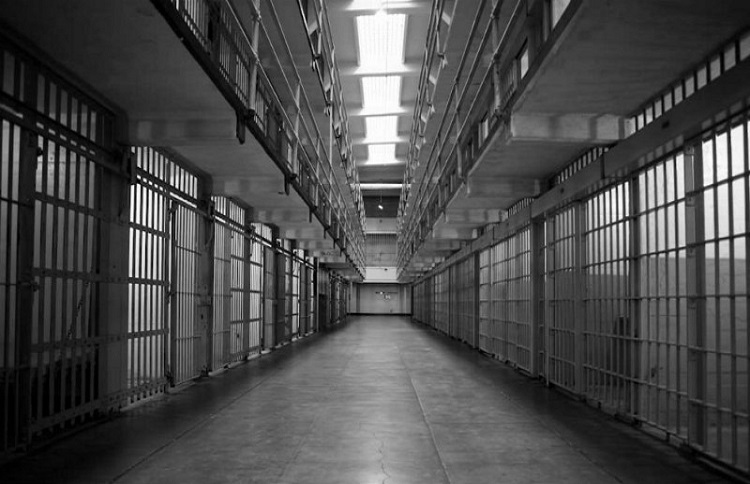
By Pooya Stone
Authorities from the Iranian prison system have finally acknowledged, in a statement on Sunday, that many prisoners in Khuzestan Province are infected with the coronavirus (COVID-19).
The Prisons, Security, and Corrective Measures Organization in Khuzestan Province wrote that “several prisoners with cold-like symptoms were referred to the prison medical clinic”, were tested for COVID-19 following a recent “increase in the number of COVID-19 cases in the province”, and had been “quarantined” once they tested positive. They did not say how many cases there were.
Despite this admission, the Khuzestan Prison Organization refused to hospitalize the inmates outside of prison because “there were in good condition”.
The Iranian officials, particularly the judiciary officials have tried to cover-up and downplay the coronavirus crisis, which has so far killed over 41,000 people, for months but even president Hassan Rouhani was forced, on Saturday, to finally acknowledge how bad the situation had become in Iranian prisons.
He said: “In one of the prisons, one infected person entered the prison, and before they could find out, 100 people out of 120 tested positive for the Coronavirus.”
This was the first official confirmation from the officials that the coronavirus infection had hit prisons, although it was already well-known thanks to political prisoners, medical staff, and others who spoke out.
At least eight prisons have seen riots and protests over prison conditions and the real threat of catching COVID-19 in prisons since the epidemic first hit Iran. In Khuzestan, Sepidar and Sheiban prisons saw riots, with several inmates from Sheiban Prison being killed and wounded during the ensuing crackdown by prison guards.
On a related note, two political prisoners have been on hunger strike in the Central Prison of Urmia since May 1, over broken promises to improve conditions in the wake of the coronavirus outbreak there.
Prison warden Mehr-Ali Farhang vowed to provide hygienic resources, quarantine the sick, and ensure medical treatment, but nothing came about. So, Ebrahim Khalil Sediq Hamedani and his son, Salar Sediq Hamedani, went on a hunger strike over this, as well as the denial of the father’s insulin.
Coronavirus has already killed at least seven inmates at Urmia, as well as infecting at least 100, according to Kurdish human rights groups.
The spread of coronavirus in Iran’s prisons should not be a surprise. It is the result of having a severely contaminated living environment for far people than it was ever meant to house.
In most prisons, the number of coronavirus cases is increasing and there is no adequate medical treatment.
Read More:


